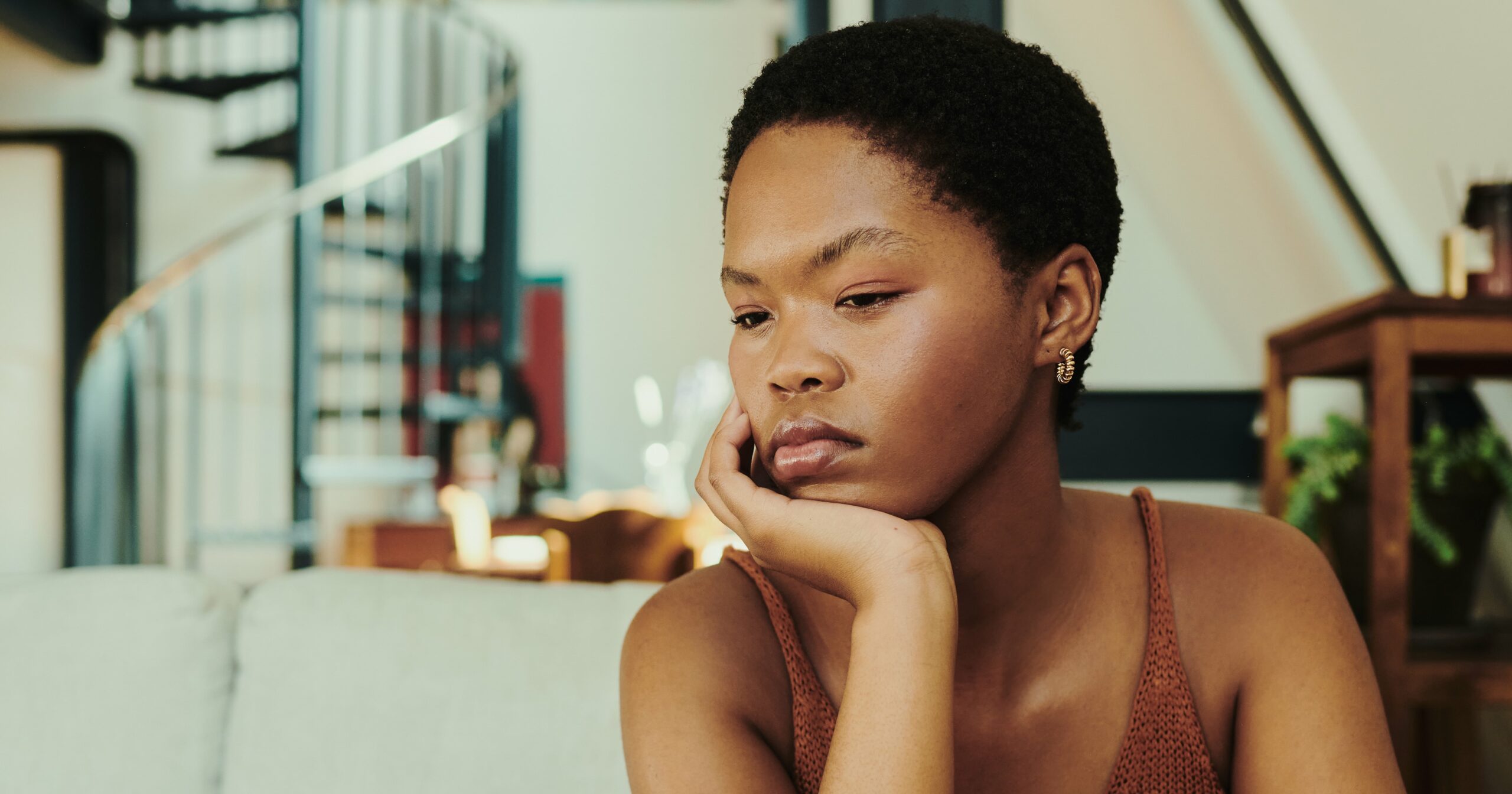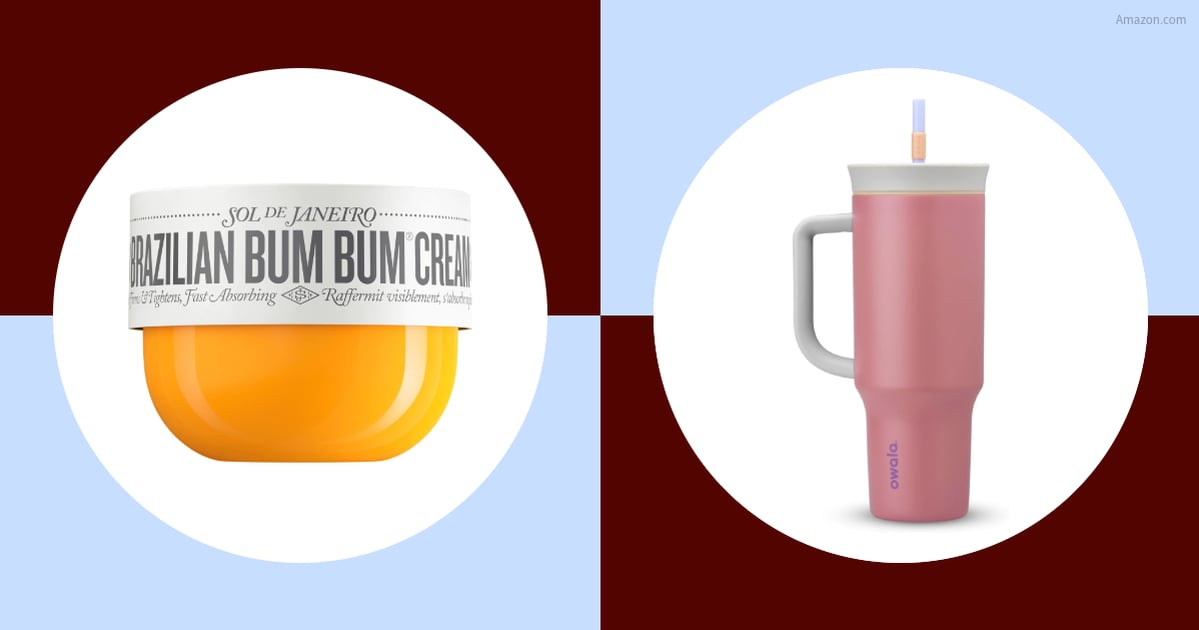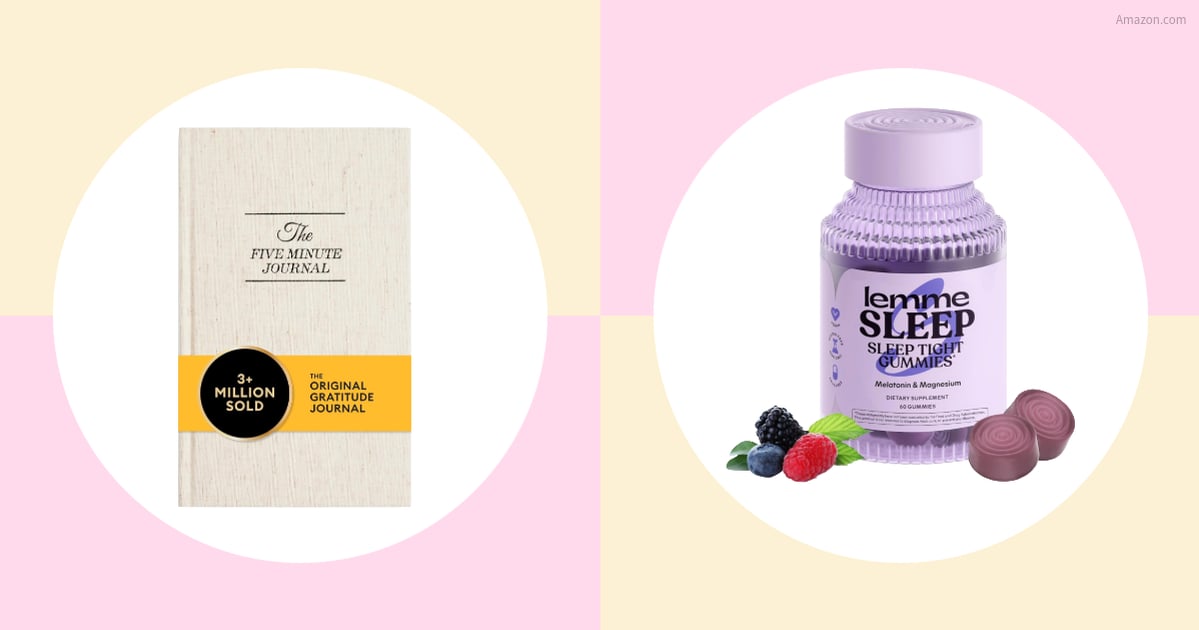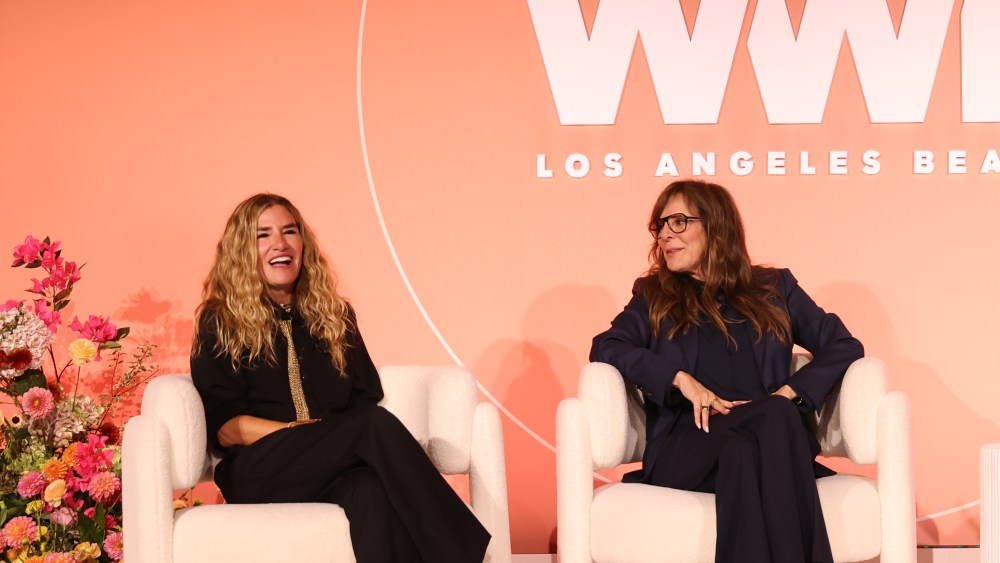My biggest heartbreak in dating came from a relationship that wasn’t even official. We never hard launched on social media, I never kept a toothbrush at his place, and he never met my parents. Technically, we were on and off for over a decade, but if you added up all the times we were “on,” it wouldn’t have been more than a month. And yet, I still felt my heart shatter over this situationship more times than I can count.
“Situationships are an ambiguous gray area between casual and commitment,” psychotherapist Brianna Paruolo, LCMHC, says. While there’s physical intimacy, emotional bonding, and couple-like behavior, there’s also zero defined expectations, she adds. And this is exactly why I’ve found situationship breakups in particular to hurt more than official ones.
When I broke up with someone who I was in a long-term relationship with – someone who I dated for two years and moved across the country for – it hurt, sure, but I accepted the split and never looked back. So why did it take me like 85 breakups to finally accept the end of my situationship? Below, Paruolo explains.
Experts Featured in This Article
Brianna Paruolo, LCMHC, is a licensed psychotherapist and founder of On Par Therapy.
Why Do Situationship Breakups Hurt More Than Long-Term Relationship Breakups?
The end of a situationship may hurt more because it was never an actual relationship. When people are too nervous to define the relationship and set boundaries, “lines get blurred, feelings deepen, and the situation that both people insisted would be ‘light and breezy’ will leave someone anxiety-ridden, confused, and vulnerable,” Paruolo says.
Because feelings were never defined, situationship breakups often leave people mourning a relationship that wasn’t even a relationship. “The lack of clear boundaries and definition makes it harder to process the end, as there’s no official ‘breakup’ to mark the conclusion,” Paruolo says.
Situationship breakups also hurt because they can make you feel like you’re not partner material. It may make you think you were “good enough” to hang out with or have sex with, but not “good enough” to be in an official relationship with. “You are left questioning your worthiness for a partner and internalizing the confusion as self-blame,” Paruolo adds.
Ultimately, with a situationship, you never know how the other person feels about you. And because so much of the relationship can feel like whiplash, going back and forth from hot to cold to cold to hot, when it does actually end, you may have a hard time accepting that. In long-term relationships, however, the end is often expected. People may mourn a relationship long before the actual breakup happens as a way to protect themselves and preserve their ego, Paruolo says. This makes it easier to accept the split and move on from it.
How to Recover From a Situationship Breakup
In order to recover from a situationship breakup, it would be best to treat it like any other breakup. With help from a mental health therapist, you can work through the pain and explore why the ending made you feel the way it did. Yes, you’ll likely experience all of the different stages of a breakup, but with time, good friends, and more concrete boundaries moving forward, you will start to feel better.
To avoid situationship breakups in the future, though, understand that these casual relationships only benefit one type of person: the one who enjoys the perks of a relationship only when it’s convenient for them. If you are looking for more commitment in your next relationship, Paruolo recommends gaining clarity on what you want. What are some nonnegotiables? What are some deal breakers? Make a list and, moving forward, only date people who meet your needs.
This is exactly what I did. Following my situationship breakup, I realized I needed consistency – someone who was always there for me and proud to call me his girlfriend. Once I finally accepted that my situationship was never going to be that person, I stuck to my nonnegotiables. Soon after, I met my husband.
Gabi Conti is the author of “Twenty Guys You Date in Your Twenties” and the writer, executive producer, and cocreator of Apple’s No. 1 fiction podcast series “Bad Influencer.” You can catch her covering entertainment news for Hollywire or read more of her work on Cosmopolitan, Giddy, Betches, Best Life, HelloGiggles, Elite Daily, Mindbodygreen, and Brit + Co.




